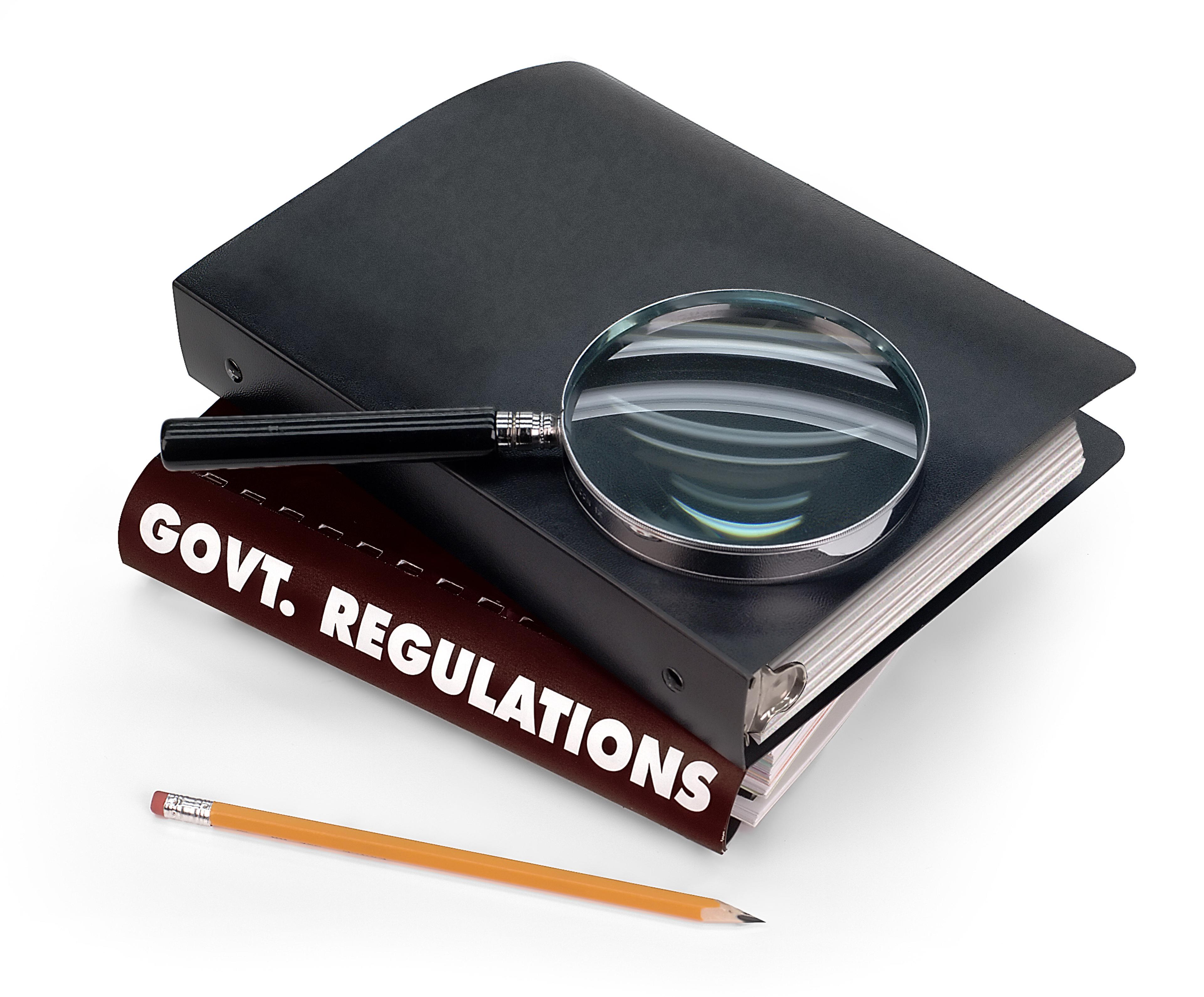Earlier this year. the Government announced it is to 'crack down' on unregulated cosmetic procedures and will introduce a licensing regime in England. So what progress has been made and what does it mean for medically-qualified practitioners?
Where Are We With The Regulation Of Aesthetics
Is The End of Botched Botox In Sight?
We don't know the nitty-gritty yet and we won't for a while. We continue to see stories in the media of campaigners and MPs raising the issue of long overdue regulation. But there is a lot to be done before that happens.
There is little to no regulations relating to non-surgical aesthetic treatments. The Government are still discussing the 'scope and details' of the regulations, which will be 'determined via extensive engagement including a public consultation' but they have given no timescale for this process.
The health minister has committed to providing patient safety by making it an offence for someone to perform these cosmetic procedures without a licence. What that actually means, in practice, and how it will be implemented and policed is all wide open.
Where Are We At?
Essentially, the licensing scheme is still under discussion.
A new clause was added to the Health and Care Bill (basically the legislative framework that will dictate how health care is delivered in England). The Bill itself isn't without controversy, is yet to be passed and the date for Royal Assent is yet to be announced.
The new clause gave the Secretary of State - who at the moment is Priti Patel - the power to introduce a licensing regime for aesthetic non-surgical cosmetic procedures. It makes it an offence for someone to carry out non-surgical cosmetic procedures without a licence.
As we've said, the details of the "Aesthetics Licence" still haven't been determined yet. It's likely to encompass which treatments will require a licence, what mandatory training will be required to hold that license and stipulations for the premises the treatments can be conducted in.
What Might Licensing Look Like?
Almost certainly it will not restrict non-surgical aesthetic treatments to medics/health care practitioners only. We don't think that will ever happen. To do so would have a huge (negative) impact on microeconomies/communities (and the Treasury) if it was made illegal for ALL non-medics to administer these treatments.
The Government will be keen to ensure that the livelihoods of all aesthetic practitioners, medic or non-medic, are protected to some extent, while improving patient safety. They won't want to see a whole sub-industry wiped out.
It's Still Good News
Standards. We're going to see some uniform standards. Minimum standards of hygiene, training, product efficacy and safety and accountability.
Praise be! Maybe finally the Government is doing something positive to help protect women via the introduction of a licensing scheme for aesthetics treatments.
What Kind Of Standards?
Training
The term used in the clause is training, not qualifications. As we know, the training landscape is messy, fragmented and of varying quality. It is possible that training academies will, themselves, have to become licensed/regulated for this system to work. It's possible that a Level 7 qualification will be one way to standardise training.
Treatments
The list of treatments that require a licence haven’t been determined. It can be assumed that they will be botulinum toxins, dermal fillers, microneedling and peels, lasers and light treatments and hair restoration. Whether these are deemed medical treatments or cosmetic treatments is critical for the subsequent rules surrounding licensing.
It's possible that they will be determined medical treatments, so will require a medic to administer or oversee. However, it's also possible that they will be deemed cosmetic treatments, to enable non-medic practitioners to maintain their businesses.
Premises
Minimum requirements for premises will be determined. Assessing whether premises meet these requirements may be down to local authorities or the CQC.
I'm A Medical Aesthetics Practitioner, What Should I Do Now?
There is a long consultation processes to go though first, and then all the bureaucracy that follows to implement the regulation. Even when regulation is established, there will be a transition period and businesses will be given time to prepare and adapt.
If you've already been considering CQC registration or Level 7 training, now might be a good time to scope these options out more seriously. You can find out more in this article on Level 7 training courses. If we had to hedge our bets, these will be the things that will give you a head start for licensing requirements.

